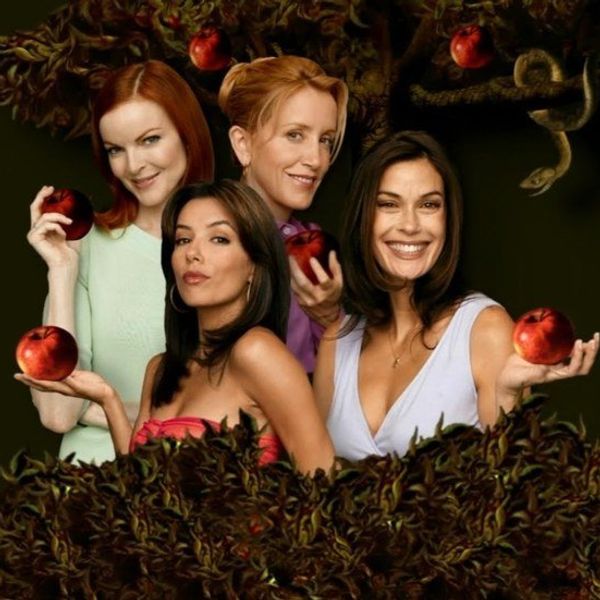You know that moment of awe when your jaw drops after you’ve read a description of your astrological sign, and you say to yourself, Wow, this is literally me? We've all been there. We act surprised, yet we always seek astrology for validation of who we are and what we will be. Recently there's been another upward trend of astrological interests. We search articles about who our perfect match is and who we are most compatible with and who we should end up with. If you're an avid buzzer on BuzzFeed like myself, you've probably taken at least one of those personality quizzes based on your sign. We seek a definition of ourselves -- according to our zodiac sign -- and every time we secretly hope that it's on point, bashing what superstitious nonsense it is if it's not.
Yet we keep coming back for more. We want our horoscopes to be right, more often than not. Why is that?
First, let's take a stroll through the history of said horoscopes. It was the Babylonians who were credited with the birth of astrology and the zodiac (from the Greek word meaning "circle of animals") more than 2,000 years ago. Their astrological charts enabled them to predict the recurrence of seasons and certain celestial events by attributing 12 specific constellations throughout the year to each season.
The division of these signs, then, describes character traits and areas of life at different points in the year, beginning with your birthday, while the Earth revolves around the sun. Astrologers then consult an astronomical ephemeris to construct a chart, detailing what the cosmos has in store for you.
Now, Encyclopedia Brittanica defines astrology as: "The ancient art or science of divining the fate and future of human beings from indications given by the position of stars and other heavenly bodies." So, technically, astrology is in a sense a form of science- that lacks evidence, of course. Only coincidences and unexplained, miraculous events are there to back it up.
Despite the constant skepticism it receives, well-renowned people have been known to turn to it in times of need- including first lady Nancy Reagan, who actually had an astrological adviser with her in the White House to help influence minor decisions.
So what is it about the Zodiac that provides people with such comfort and intrigue?
It's different for everyone. For me, I admire what my sign embodies. I admire the overall skills and trends Capricorns have seemed to collectively possess over the years (shout out to my fellow Cappies).
The Zodiac highlights the flattering aspects, as well as the flaws, of each sign's personality. Capricorns in the past have been "known" as dedicated, hardworking, and loyal individuals, and for me, this holds true because it's what I aspire to be like as a person. I want to be more like what a Capricorn typically stands for, and perfect my faults.
Obviously, not everyone will possess the characteristics of the sign under which you were born. You are your own person, and I'm not saying letting the course of our lives be determined by general traits and the alignment of stars is the best way to go about your business.
My point is, astrology has been around for thousands of years. It keeps maintaining its prevalence in our lives because while it may not be religion, we do seek guidance and a sense of direction in our lives. We either like to believe in luck, or the fact that everything happens for a reason, and daily horoscopes are a means of this.
We want to know what's going to happen to us and when we might strike some luck in our lives. We feel good and assured believing that somehow, there are mysterious forces in this world beyond our control that can shape our perspectives on life and make us feel connected to the crazy universe that we now live in.
While there seems to be no real merit to it, in some ways astrology can help to provide us with a deeper sense of meaning and understanding of ourselves and our individual connections to the world. And who doesn't want that?













 man running in forestPhoto by
man running in forestPhoto by 










